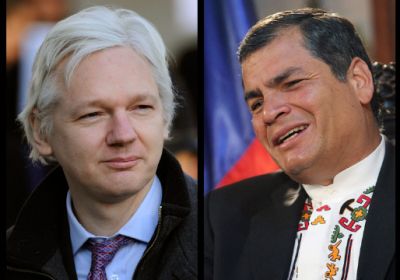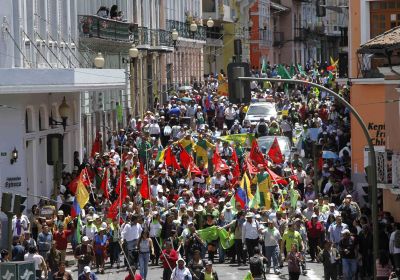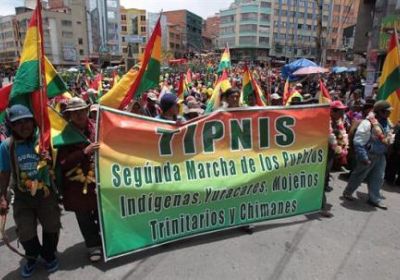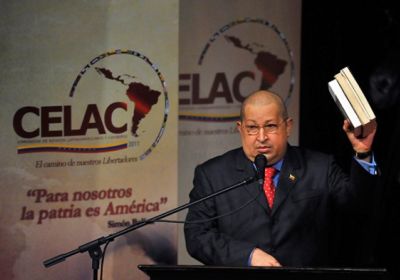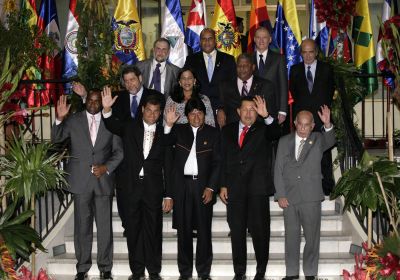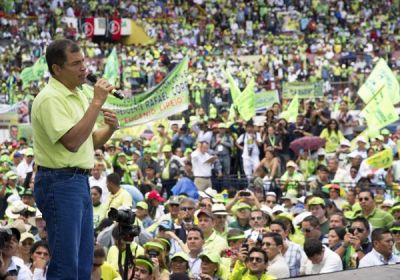
While European governments continue to impose policies aimed at making working people pay for a crisis they did not cause, the Ecuadorian government of Rafael Correa has taken a different course.

While European governments continue to impose policies aimed at making working people pay for a crisis they did not cause, the Ecuadorian government of Rafael Correa has taken a different course.
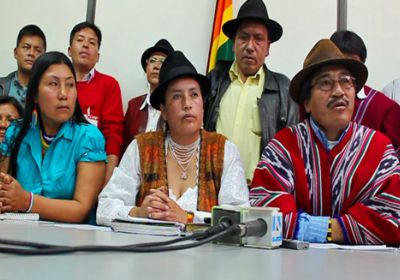
Ecuadorian president Rafael Correa counts on a high level of support at home. But internationally, he has been criticed for policies on development, the environment and indigenous peoples.
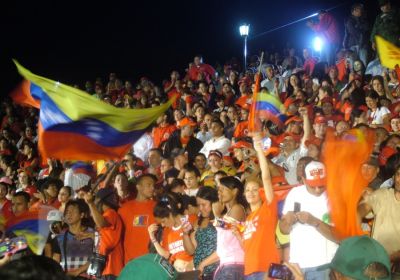
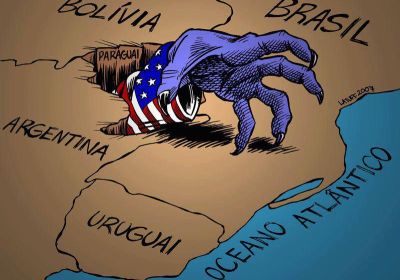
Whether Paraguay's infamously right-wing local oligarchy and its parties that seized an opportunity to bring left-leaning President Fernando Lugo down by itself, or whether the push came from the United States government, is yet to be confirmed.

The June 22 coup carried out against Paraguayan President Fernando Lugo was an important blow to progressive movements across Latin America.

